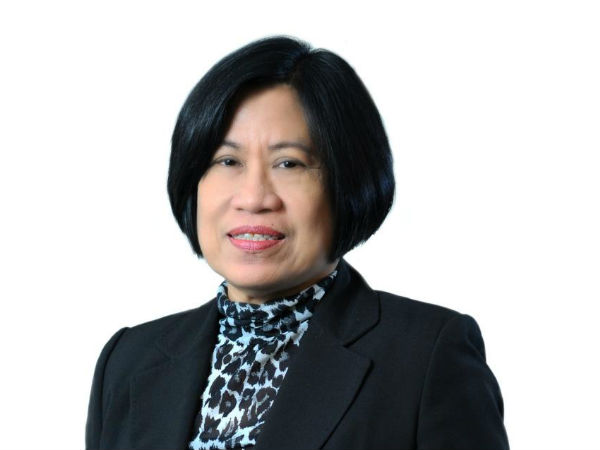SEC fears PH demotion to ‘gray’ list over dirty money
The Securities and Exchange Commission (SEC) fears that the Philippines may be demoted to the “gray” list of the Paris-based Financial Action Task Force (FATF) on money laundering, citing local legal constraints on the monitoring of casinos, which are much more tightly regulated in most other parts of the world.
This perceived loophole arising from the lack of mandate to compel casinos to report suspicious transactions is again under scrutiny on the heels of recent reports that some $100-million worth of “dirty money” had flowed through the Philippine banking system and eventually laundered in local casinos.
SEC Chair Teresita Herbosa, who cochairs the Anti-Money Laundering Council (AMLC), told reporters on Tuesday night during an Economic Journalists Association of the Philippines event: “We’re bound by confidentiality under the law and we can neither confirm nor deny what’s the meat of their (AMLC’s) investigation. But I guess I can admit that an investigation has been conducted.”
In most jurisdictions outside the Philippines, Herbosa said casinos were already covered by local money laundering rules and classified among the entities required to report suspicious transactions.
June deadline
“We’re one of the few countries which have not included casinos as covered (entities required to report) and if we’re not able to do that, of course, the international antimoney laundering group [FATF] again might put us in the gray list,” Herbosa said.
FATF is an intergovernmental body developing and promoting policies to combat money laundering and terrorist financing.
Three years ago, the Philippines was already in such gray list, prompting the government to pass new amendments to the antimoney laundering law, Herbosa said.
“Unfortunately, the casinos were excluded at the last minute. Of course, the international action task force is asking us again what’s the status of the planned coverage of casinos,” she said.
Asked if the Philippines was subjected to any deadline, Herbosa said: “Maybe by June, because we already have warnings.”
READ: SEC fears PH return to dirty money ‘gray’ list
The proposed amendments to tighten local rules and include casinos in the coverage are now pending in Congress.
Plugging loopholes
“With this case, it really shows what are the consequences. .. so we could see how they use casinos for evil purposes,” Herbosa said.
It was recently reported by the Inquirer that some $100 million siphoned off by computer hackers from a bank in Bangladesh had been laundered in the Philippines, initially flowing through the banking system then sold to a black market foreign exchange broker, transferred to at least three large local casinos, sold back to the money broker and moved out to overseas accounts all in a matter of days.
“Why did they choose the Philippines? I guess because the casinos are not yet covered persons (entities),” Herbosa said.
Overall, Herbosa said the best way to stop the entry of dirty money would be to abolish large cash transactions.
“Because if you use checks, it’s already in the banking system. It’s already traceable. In some countries, they’re already prohibiting cash transactions of over $10,000,” she said.
Asked whether this would affect the SEC’s bid to join the International Organization of Securities Commissions (IOSCO), which regulates the world’s securities and futures markets, Herbosa said “not necessarily.”
The SEC’s entry into IOSCO is deemed necessary for the Philippines to be able to join a regional trading link.
“But of course, they look into the whole picture. If they see there’s some loophole in this giving of information, reporting obligations, they may consider that also as a deficiency on the part of the Philippine financial system,” Herbosa said.
House intervenes
The Philippines enacted the first antimoney laundering law in 2001 to comply with the standards of the FATF. In 2003, the law was amended to allow tighter monitoring of suspicious transactions, leeway to file an ex-parte petition freeze petition at the Court of Appeals; and, giving authority to the central bank to inquire into any deposit or investment to ensure compliance wth AMLC.
In 2012, the passage of the Terrorism Financing Prevention and Suppression Act effectively amended the antimoney laundering framework, outlawing terrorism financing. No court order is now required to probe drug offenses, kidnapping and other similar crimes.
The AMLC was authorized to investigate the financing of terrorism, inquire into deposits and investments as well as issue ex parte freeze order without delay.
Further amendments were made to expand the coverage of money laundering rules but the House of Representatives blocked proposals to include casinos among the nonfinancial businesses and professions covered by the law. TVJ
RELATED STORY

